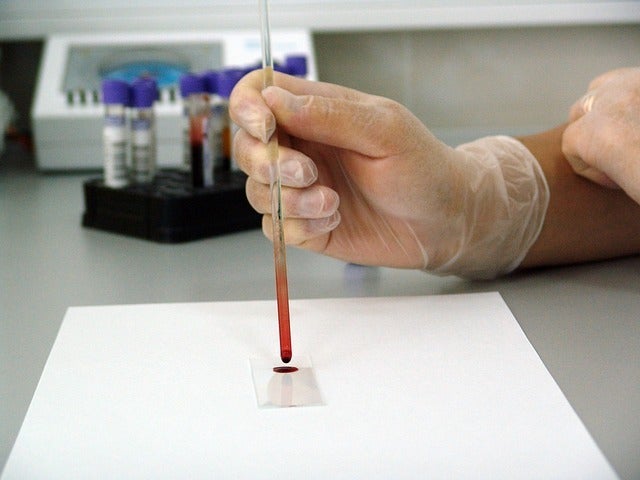
Abbott said that the study published in Circulation journal is part of Atherosclerosis Risk in Communities (ARIC) study.
A latest analysis ARIC – a prospective, epidemiologic study conducted in four US communities to investigate the causes of atherosclerosis, with a participation from a total of 8,121 people with no known cardiovascular disease. .
In the study, the association between high-sensitive troponin-I blood test results and heart attack or other coronary heart disease event like stroke, heart failure hospitalization and death were measured by the researchers.
The company said that researchers suggest doctors add the test to routine physical assessments in healthy middle-aged and older adults to better predict their chances of developing heart disease, using data from the ARIC study.
In addition, Troponin blood tests are used to help physicians detect heart attacks and as the latest research shows that measuring troponin levels using Abbott’s High Sensitive Troponin-I blood test also predicts the chance of having a cardiac event potentially.
The latest analysis also found that higher levels of troponin-I levels are associated with risk of developing cardiac events in future, and the increased risk is independent of typical heart disease risk factors, like cholesterol levels, blood pressure, smoking and diabetes.
Baylor College of Medicine professor and corresponding author of the study Christie M. Ballantyne said: “Studies increasingly show the value of measuring troponin levels in people who have not been diagnosed with heart disease to help better determine their future risk.
“This study supports the value of adding highly sensitive troponin-I blood tests to current cardiovascular risk assessments to better identify patients who might benefit from more intensive steps to improve their heart health like improved diet and exercise.”
Having evaluated for approximately 15 years, the study also measured troponin-T, another heart protein, using a different manufacturer’s test and found the levels of the troponins were not strongly correlated with each other.
Abbott senior medical director Agim Beshiri said: “Advancements in our diagnostic technology are allowing us to see levels of troponin that may indicate early signs of injury to the heart years before heart disease becomes overt or symptoms appear.
“Having a clearer picture of a patient’s heart health can serve as a wake-up call – empowering people to work with their doctors to take control of their heart health and possibly prevent a future cardiac event.”
Abbott said that its High Sensitive Troponin-I test was granted CE mark and is available in non-regulated countries for cardiac risk assessment, pending country registration. It is not yet commercially available in the US but used only for research purposes in the study.



